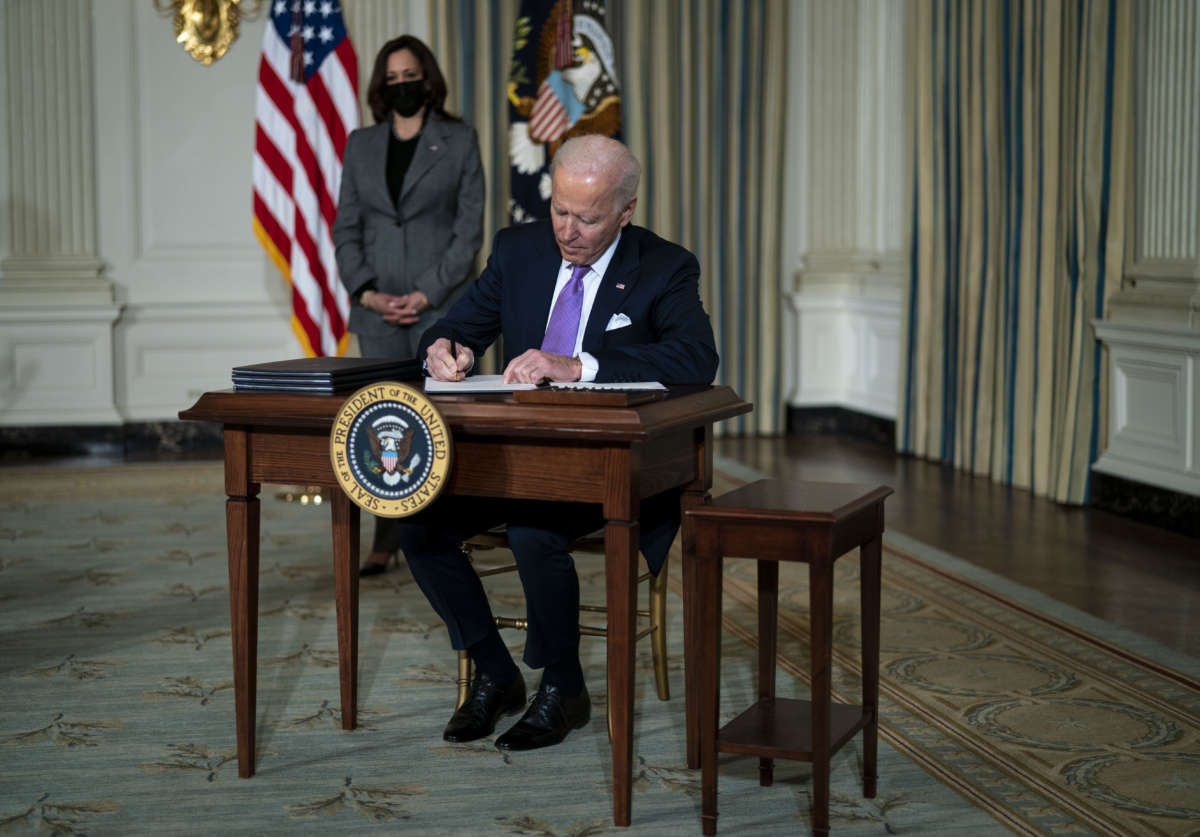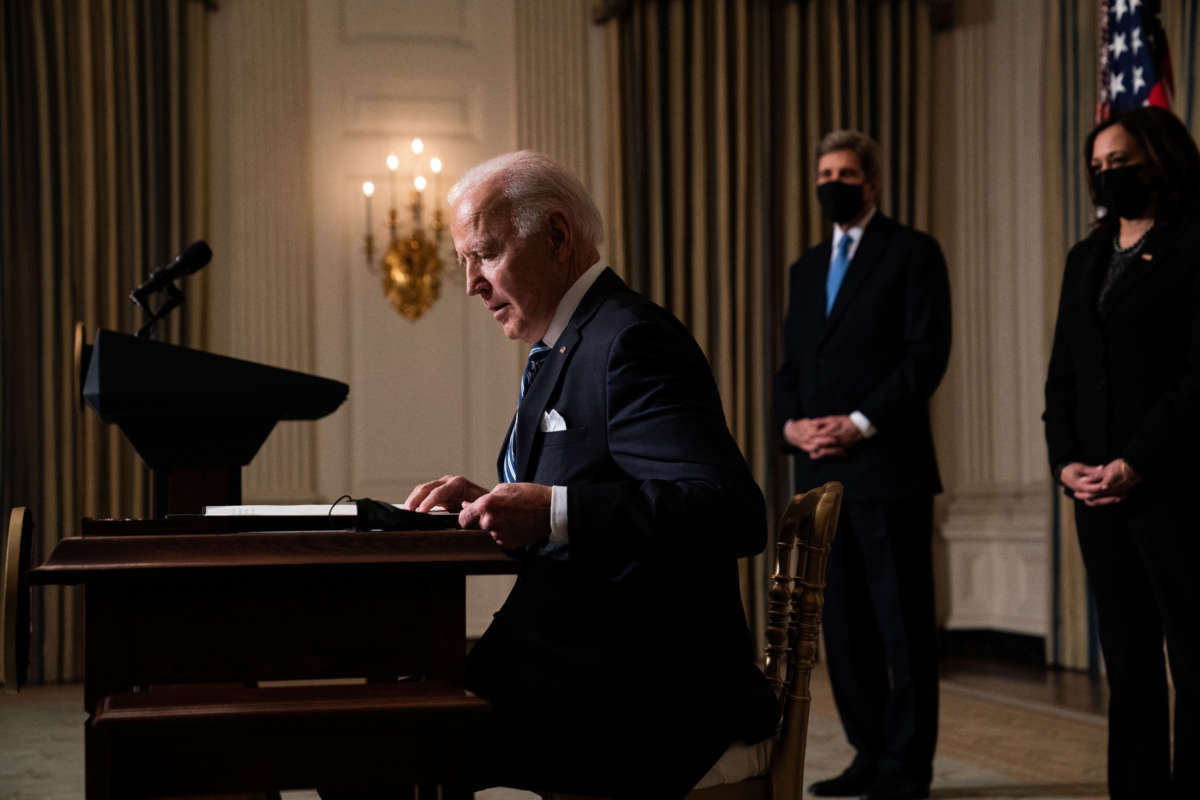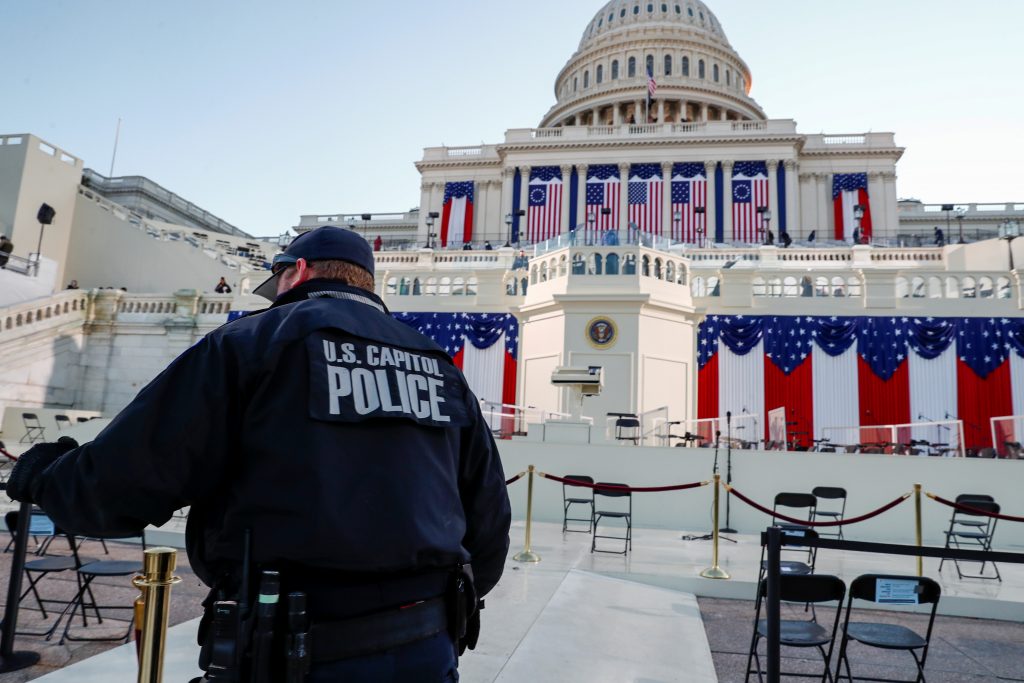“There are many layers here and I think what the anti-vaxxers are doing is preying on those layers,” said Erica DeWald of Vaccinate Your Family.
Story at a glance
As the United States is scrambling to distribute the COVID-19 vaccine, misinformation is thriving.
While an increasing number of Americans have been willing to be inoculated against the coronavirus, some remain hesitant.
The anti-vaccination movement has continued to push its cause throughout the pandemic.
Despite commitments from Facebook, Youtube and other online platforms to combat COVID-19 misinformation, new rumors keep popping up almost as soon as others are shut down. So how do you get ahead in what seems like an endless game of Whac-a-mole?
“We have to separate out two strains here, the traditional anti-vaccine groups and leaders and your layperson who has their concerns about this being a new vaccine that was developed and approved quicker than your average vaccine,” said Erica DeWald, the director of strategic communications and partnerships for Vaccinate Your Family.
The groups that make up the larger anti-vaxxer movement in the United States were organizing even before a vaccine was developed, growing their social media audience and online reach. Leaders like Robert Kennedy Jr., who most recently falsely suggested a link between Hank Aaron’s death and the COVID-19 vaccine, can be extremely wealthy and some have even profited off of the movement.
So when the coronavirus pandemic hit, DeWald said, “they saw it as their opportunity to finally push their agenda into the mainstream and how they decided to do that was by teaming up with people who were against COVID-masking requirements and lockdowns.” United by anti-government sentiments, some anti-vaccine advocates even found themselves at the insurrection at the United States Capitol on Jan. 6.
But not everyone who expresses anti-vaccine sentiments is necessarily part of the larger movement. Despite being disproportionately harmed by the coronavirus pandemic, Black and Indigenous Americans are especially likely to be skeptical of a vaccine as a result of racism and even abuse in the medical community.
A new documentary produced by Kennedy and other leaders speaks to this history, but also makes misleading comparisons between the COVID-19 vaccine and the Tuskegee Experiment.
“They’re filling the void. That's what anti vaxxers do best, they fill in the void of information,” said DeWald. “You have an entire country that doesn’t talk about institutional racism in the medical community and here they are.”
Racism in the medical community persists to this day, starting at the foundation of many health care professionals’ educations. Half of white medical trainees believe such myths as Black people have thicker skin or less sensitive nerve endings than white people, reported the Association of American Medical Colleges in 2020, many based on outdated and outright racist studies. But DeWald said that history is only part of the problem.
America is changing faster than ever! Add Changing America to your Facebook or Twitter feed to stay on top of the news.
“Are they not getting a COVID-19 vaccine because of that mistrust or are they not getting a COVID-19 vaccine because if they have a bad reaction they don’t know that they can get medical care for that reaction? There are many layers here and I think what the anti-vaxxers are doing is preying on those layers,” she said.
The rollout of the vaccine itself has been problematic, with early data showing that Black, Hispanic and other people of color make up a smaller share of vaccinations compared to their share of cases and deaths, while the opposite is true for white people. Even this information, however, is incomplete because many states are not releasing racial breakdowns of the data to the public.
The lack of transparency is a big reason that public health advocates are losing out to anti-vaxxers, noted DeWald. While the anti-vaccine movement is largely tainted by misinformation, they’ve been successful in pointing out that vaccination is a choice and finding common ground through buzzwords such as “informed consent.”
Groups like the Black Coalition Against COVID-19 have begun this work already. In Michigan, a statewide initiative to improve health literacy saw more than 1 million residents obtain health coverage through the state's expanded Medicaid program. But laying groundwork for health literacy is no easy process.
“It comes down to person to person communication,” she said. “It’s about listening, acknowledging that their concerns are legitimate and real and answering them and I think what that means for the country is to actually start the process of community outreach.”










